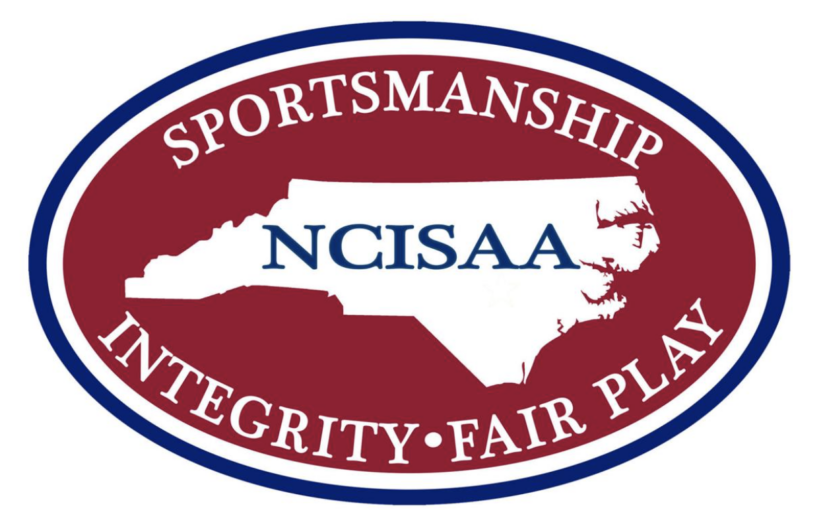The state school board voted Tuesday to accept the recommendations and field public comment on them. The majority of the proposals are designed to beef up a set of emergency regulations the board approved in July.
Edward Sparks, co-chair of the task force and executive director of the Maryland Public Secondary Schools Athletic Association, called the group’s report “a working document” that was produced after months of research on practices in other school districts across the nation, the Ivy League and the National Football League.
“This is not the end,” Sparks said of the review process. “The task force sees this work as a journey, not a destination.”
The task force amendments would expand existing regulations by requiring coaches to be trained every other year in identifying concussions, and requiring physical education teachers to receive the same training.
Additionally, school districts would be required to document both the written and oral notifications of concussions they send to parents and designated school staff, such as athletic directors and school nurses. They would also be required to provide academic accommodations to ensure students did not exert themselves while they are recovering from concussions.
The 21-member task force also recommended expanding current regulations to specifically identify health care providers who would be authorized to return a student-athlete to practice.
Sparks said the group lived up to its promise to push its “comfort zone” with recommendations that may not be popular with some schools, and identified two in particular that may be cause for concern.
The task force recommended that the state Department of Education create an advisory team composed of medical, athletic and academic professionals to compile a list of collision, contact and non-contact sports where concussions can occur — and come up with recommendations to limit or prevent head injuries among students who play them.
“This does take us out of our comfort zone,” Sparks said of targeting specific sports. “There is a balance to be reached here, and the task force debated that balance.”
“We are breaking new ground here,” said Charlene M. Dukes, president of the state board, “but it’s the right thing to do.”
Other recommendations that will be debated as part of the task force’s report include a suggestion that health care providers statewide engage in additional certification or professional development specifically aimed at concussion management. Sparks said that kind of training would eliminate gaps in concussion treatment.
“There are significant gaps,” Sparks said. “There’s a very good chance one of the students could end up in a walk-in clinic.”
Gary Dix, a neurosurgeon at Anne Arundel Medical Center who also sat on the task force, told board members that such a measure would meet resistance, but is a necessary move toward mandated certification.
“A lot of [health care professionals] will see that as an encroachment on their field,” Dix said. “But it’s a big problem, and we have to start somewhere.”
Other task force recommendations would streamline student injury forms — including one that will require students to report any history of concussions — and adopt awareness programs, such as the Center for Disease Control’s campaign, Heads Up.
The recommendations will be published for public comment before being made final.
Tom Hearn, a Montgomery County parent of a student who sustained a concussion, has lobbied at the state level since last year for new regulations. The one he most championed was a limit on the number of times a week athletes could have contact during practice, a proposal the state has not adopted..
“I’m really happy with the report, and it sounds like they’re going to proceed with several steps,” Hearn said of the task force recommendations. He said that while the report identified other districts, like Howard County, who limit contact practices, he didn’t agree with its characterization of that as an experiment.
“There’s more than experimenting,” he said, “That’s taking decisive steps. And I’d like the state to follow.”







